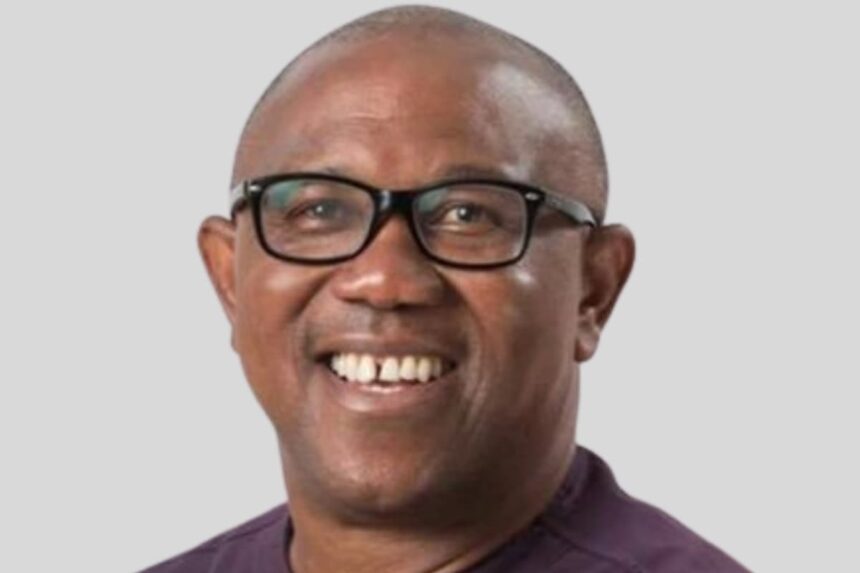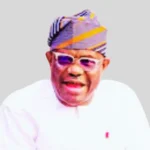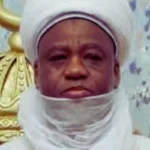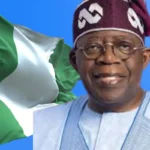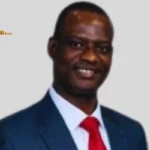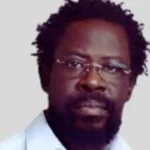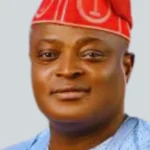The recent parliamentary vote in Nigeria has sparked widespread controversy, with allegations surfacing that lawmakers were bribed to support President Bola Ahmed Tinubu’s proposed state of emergency in Rivers State. The process, which was conducted through voice voting, has been criticized as a mere charade, raising concerns about the integrity of Nigeria’s democratic institutions.
According to reports, the vote did not reflect overwhelming support but was instead marred by allegations of bribery and coercion. This has reignited debates over the authenticity of Nigeria’s democracy, with critics arguing that the country lacks a genuine opposition necessary for democratic accountability.
In a statement addressing the issue, Peter Obi criticized the flawed democratic system in Nigeria, arguing that a lack of proportional representation weakens opposition and allows for unchecked governance. He pointed out that true democracies, such as those in South Africa and Indonesia, maintain balanced legislative structures that reflect electoral realities.
Opposition is a fundamental pillar of any true democracy, ensuring checks and balances while holding the ruling party accountable. However, the current political structure in Nigeria appears to stifle opposition, making it difficult to challenge decisions that may not reflect the true will of the people.
A proper democratic system, as seen in nations like South Africa and Indonesia, follows proportional representation, ensuring that opposition parties hold significant sway in governance. For example, South Africa’s National Assembly comprises 400 seats, with the African National Congress (ANC) securing around 160 seats, the Democratic Alliance (DA) holding about 80, and several other parties sharing the remainder. The leaders of contesting parties maintain their roles in opposition, ensuring that democracy thrives through effective checks on power.
In contrast, Nigeria’s Senate, with 109 seats, does not reflect true electoral realities. Ideally, the ruling All Progressives Congress (APC) would hold 44 seats, the People’s Democratic Party (PDP) 33, and the Labour Party 27. The House of Representatives, too, should mirror a similar balance with proportional representation. However, the lack of laws prohibiting party defections has allowed elected officials to switch allegiances freely, eroding the strength of the opposition and undermining the electorate’s will.
This absence of political accountability has led to a system that many describe as transactional and compromised. Without urgent reforms to enforce party discipline, ensure fair representation, and uphold true democratic principles, Nigeria’s democracy will continue to face significant threats.
Despite these challenges, calls for democratic reforms persist. Many stakeholders insist that Nigeria must implement mechanisms to strengthen its institutions, prevent legislative manipulation, and restore faith in the democratic process. Only through such efforts can the nation hope to establish a truly functional and credible democracy.

